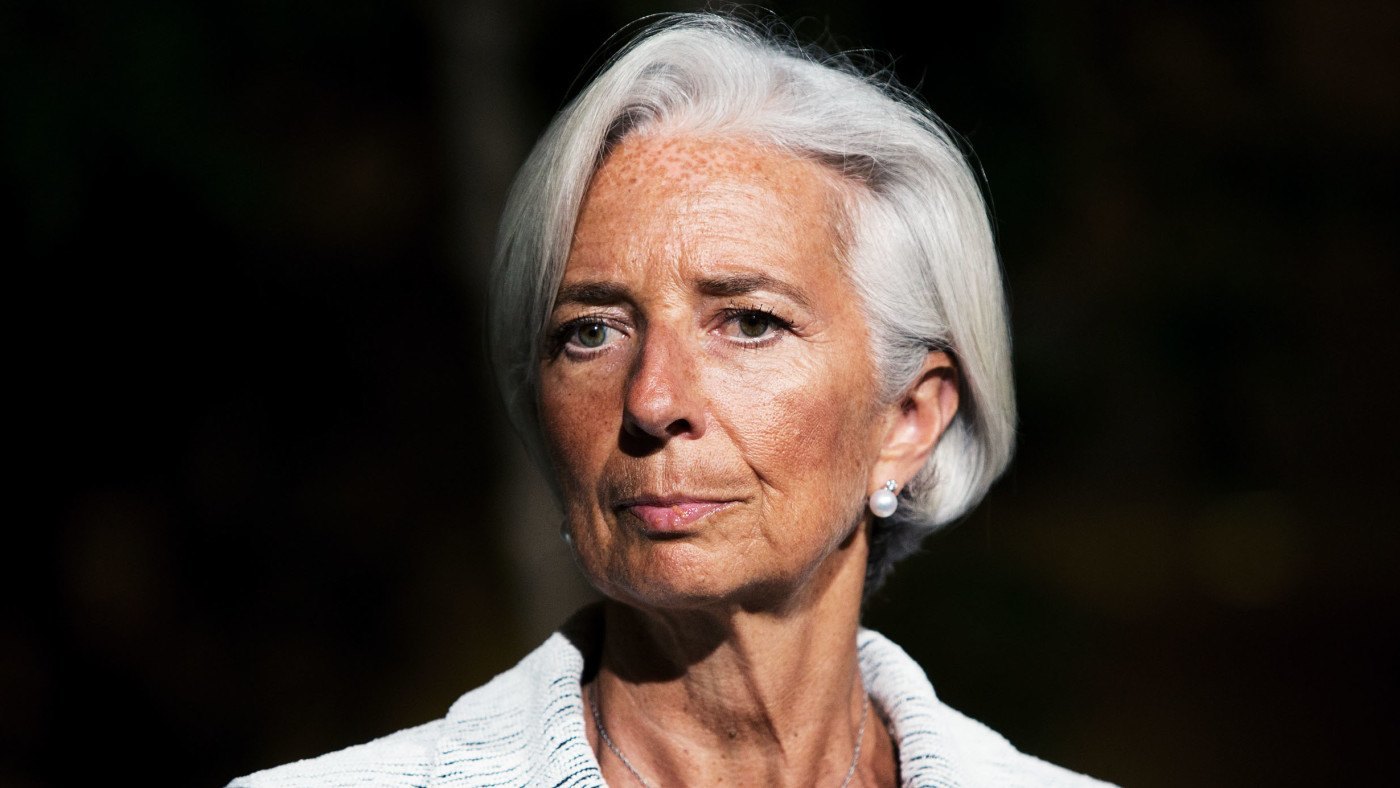Those who want to know which way the wind is blowing need only listen to Christine Lagarde, Managing Director of the International Monetary Fund. In her recent speeches, our empress of platitudes and PR has taken to arguing that the inequality of incomes is deepening, and that it is threatening growth. But where is she getting this fashionable hypothesis from? Most probably from the neo-Marxist works of Thomas Piketty, an excellent historian and a mediocre economist whose success was orchestrated by the American anti-globalist, anti-capitalist writers Paul Krugman and Joseph Stiglitz.
The same tune can also be heard in socialist candidate Bernie Sander’s campaign, echoing the Occupy Wall Street movement and the anti-austerity Indignados in Madrid. But the fact that a hypothesis is in vogue does not make it right. The correlation between income inequality and growth has never been proved. Even Piketty admits the hypothesis remains just that. However, we do know that any growth is necessarily accompanied by a certain amount of inequality. This gap is a result of growth, because innovation benefits advanced industries more than traditional professions, and probably because the desire to become wealthier than others incites greater personal effort. Inversely, entirely equal communist societies (in theory, not in practice) such as Cuba, the USSR, China and, previously Tanzania, were or are all stagnating economies.
Piketty, Lagarde and their ilk are trying to persuade us – although their stances are anything but scientific – that our modern societies have reached an unprecedented level of inequality, to the point that the people are ready to rise up against the market economy. They also claim the rich and the overly-rich no longer have any incentive to invest in the future. Once again, none of this has been proved, and remains restricted to the realms of ideology. But could the facts demonstrate the breadth of this hypothesis?
It is no secret that the United States, in particular, has created a super-rich class over the last 20 years or so. This new social strata makes up around 0.1% of the population, and is richer than the Carnegies and Rockefellers could ever have dreamed of being. This group can hardly be considered as composed of true entrepreneurs; the vast majority of its members simply invest funds entrusted to them by even richer clients from China, Russia, Qatar and Brazil, who find a safe haven on Wall Street for their wealth, whether honorably acquired or ill-gotten. But these super-rich Americans – aside from the fact that taxes are as weighty in New York as in Europe – redistribute most of their earnings across philanthropic projects. How could that hold back growth in the United States? As far as we can see, it couldn’t. The tax avoiders hiding out on Wall Street are the ones who harm development in their native country. The left-leaning attacks against Wall Street have their crosshairs on the wrong target. Those focused on development and social equality should instead be taking on the kleptocrats in China, Russia and Latin America.
The other anti-capitalist argument that claims inequality is holding back growth is based on average wage stagnation in the United States, despite current growth and booming employment. Is it better to have a job and a constant income in a growing economy such as the United States, or to live in a more equal Europe with neither a job nor a wage? What does Christine Lagarde have to say? The answer will only be given after an emergency meeting with her PR department…
It is nevertheless undeniable that average U.S. wages are stagnant, but is this the best way of measuring the current situation of American workers? Firstly, the number of traditional workers is constantly decreasing; a quarter of the population is now self-employed, either as entrepreneurs or as part of the exponential Uber model of chosen employment. The critics of stagnant wages do not take this “Uberisation” of the economy into account. Secondly, the same salary observed ten years apart gives access to far more goods and services than before, as prices have decreased. Computers, cell phones and air travel, among others, were luxuries or simply inexistent ten years ago, and today are open to all. Wages may remain unchanged, but real purchasing power is increasing. Finally, all pessimistic observations about wage stagnation focus on direct wages. They deliberately neglect net wages which, in all developed countries including the United States, are complemented by a range of social advantages such as welfare benefits, free healthcare and education, pensions and housing aids.
In the end, the true threat is not the inequality condemned by Lagarde, Piketty and others, but the risk their stance will be taken seriously, which would harm the real growth that only the market economy can generate.


